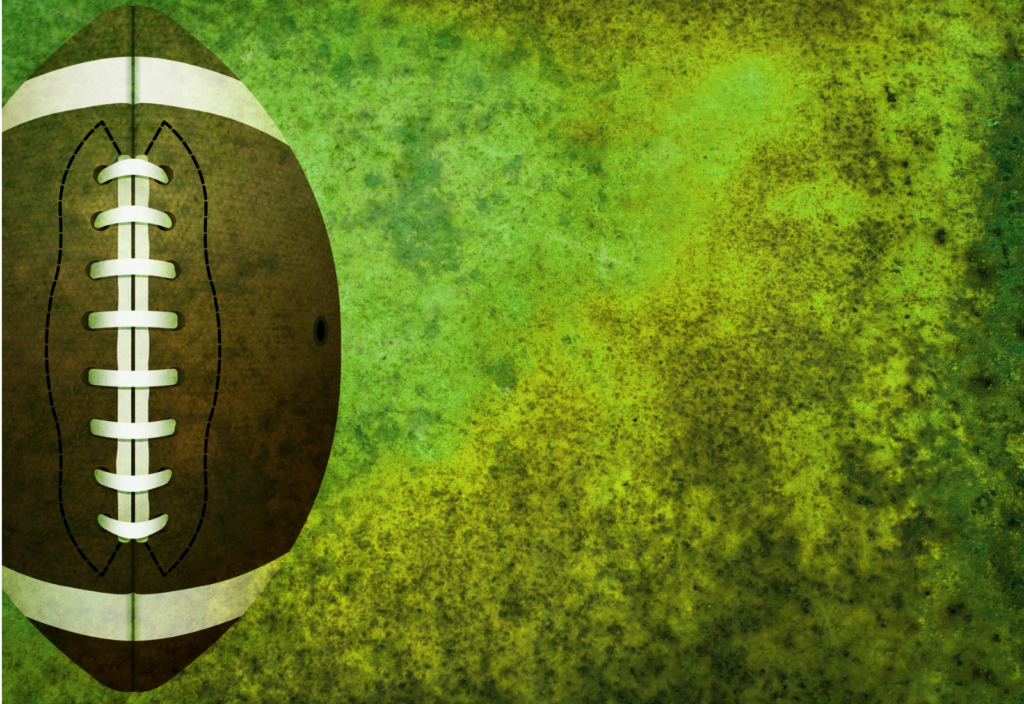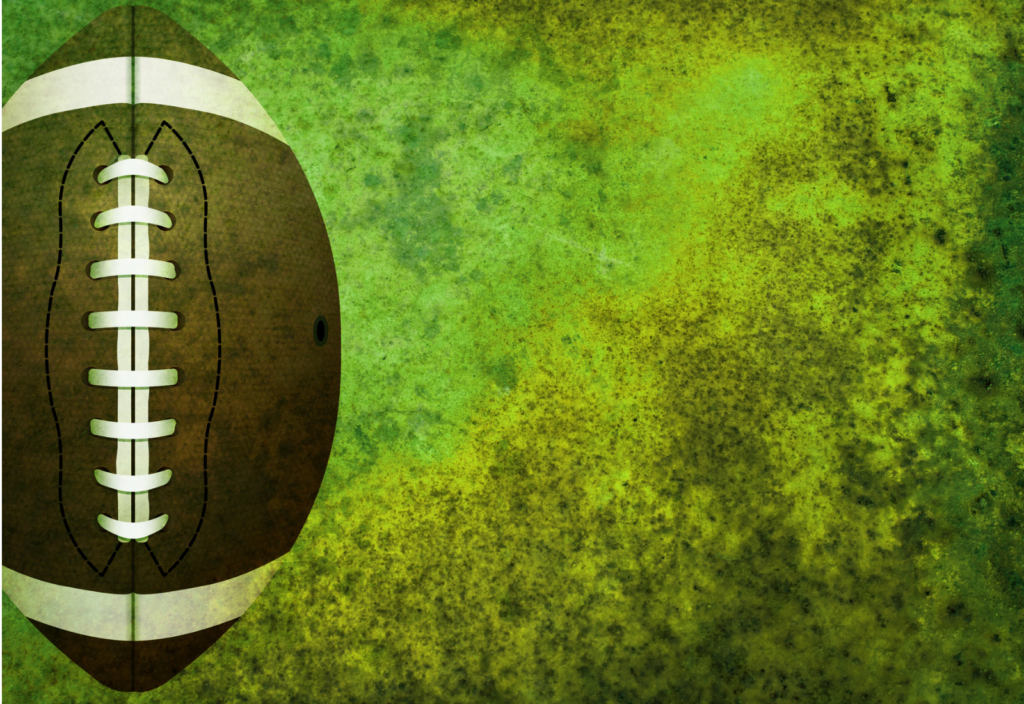
08 Feb The NFL and Medical Marijuana

It’s Super Bowl week!
Over the years, we’ve written occasionally about marijuana issues and the National Football League. See here, here, and here, for example. As more states legalize marijuana, its prevalence in NFL cities is only increasing. This year, the Super Bowl will be in my backyard in Los Angeles (GO RAMS!), and I have no doubt that cannabis will play a significant role in people’s enjoyment of the big game. It also bears noting that the NFL is making serious progress with medical marijuana research.
With all the fanfare around the Super Bowl, what gets less attention is how the National Football League, itself, approaches marijuana. A while back, I wrote a post on the topic for the big four sports leagues in the United States. At the time (March 2020), the NFL finally relaxed its marijuana and player testing policies. Per the New York Times:
“Under the new collective bargaining agreement [which was ratified on March 15, 2020], players who test positive for marijuana will no longer be suspended. Testing will be limited to the first two weeks of training camp instead of from April to August, and the threshold for the amount of 9-delta tetrahydrocannabinol — or THC, the psychoactive compound in marijuana — needed to trigger a positive test will be raised fourfold.”
Players can still be fined, depending on the number of drug tests they fail related to THC intake. First-time offenders will be referred to treatment in a drug rehabilitation program, with the threat of game suspensions if they don’t participate. Timing of testing is now the first two weeks of training camp instead of from April to August, and the NFL raised the triggering threshold for a positive test.
The NFL is continuing to move in the right direction regarding medical applications of marijuana for players. According to the Associated Press, the NFL is awarding $1 million in research funding to the University of California San Diego and the University of Regina in Canada to undertake a three-year study on the effects of cannabinoids on pain management and neuroprotection from concussion in professional football players.
The basic position of the NFL is that not enough is known about the medical efficacy of marijuana and/or CBD. It’s all anecdotal because of the Drug Enforcement Administration notoriously blocking legitimate research in the area. The NFL believes this study needs to be done before players can engage in any kind of meaningful cannabinoid-based medical therapy for “pain and recovery from sports-related injuries”.
Given what professional football players go through between practice and games, I’m happy that the NFL is engaging in this research. While it will benefit NFL players, it’s also likely to have greater implications for other professional athletes and their leagues when it comes to player health and recovery.


Sorry, the comment form is closed at this time.